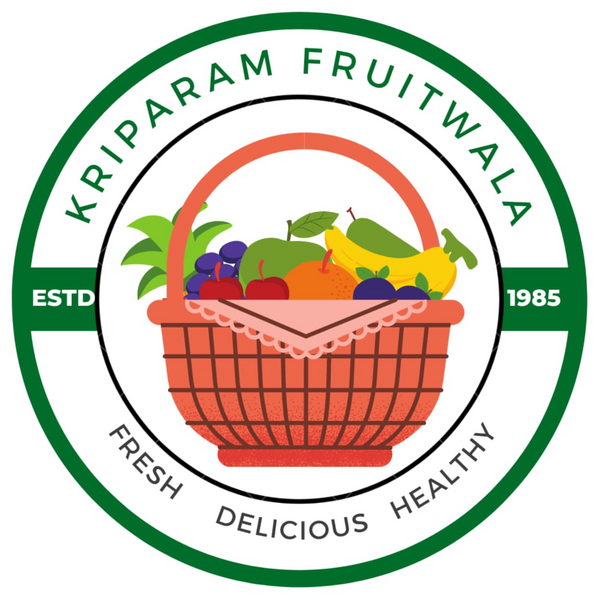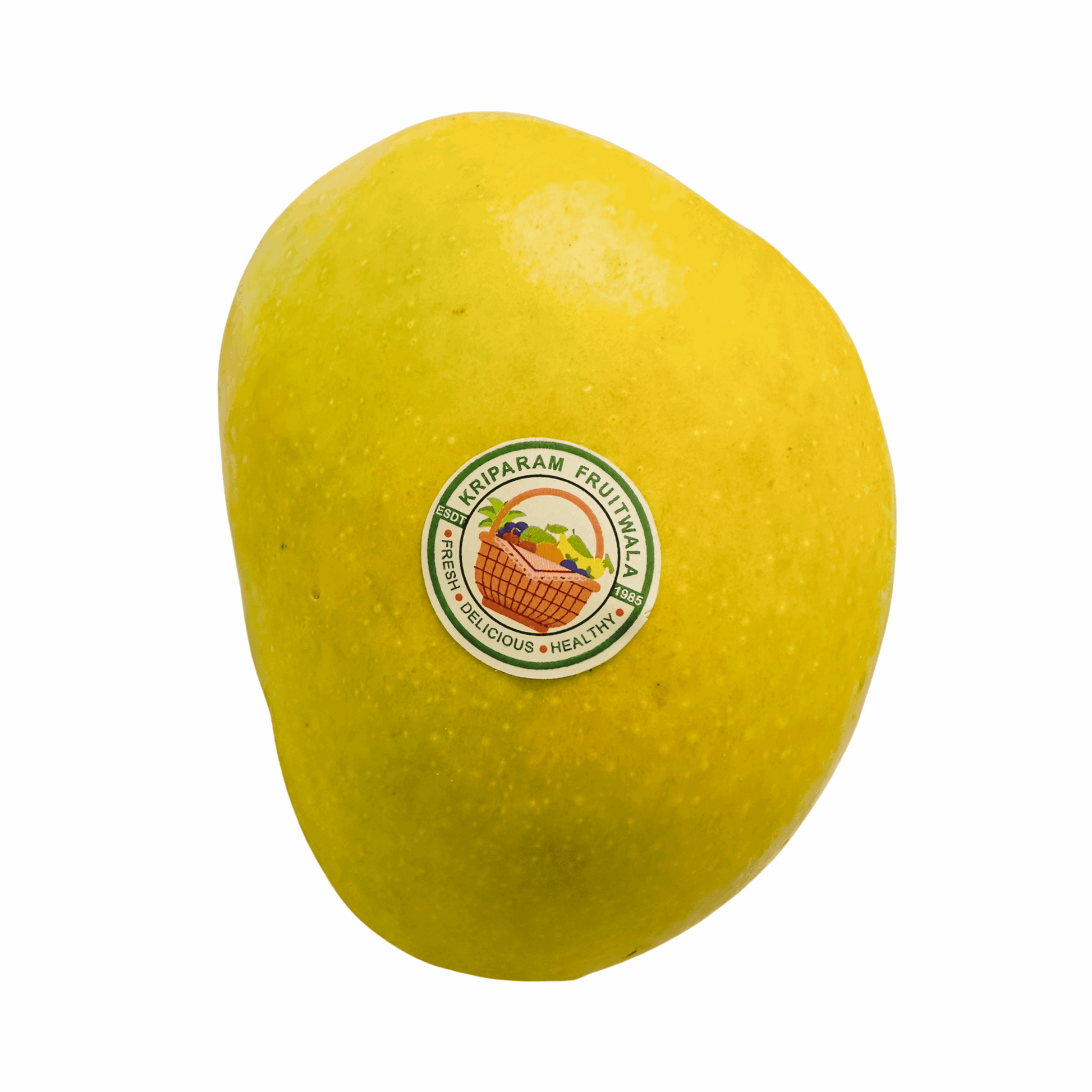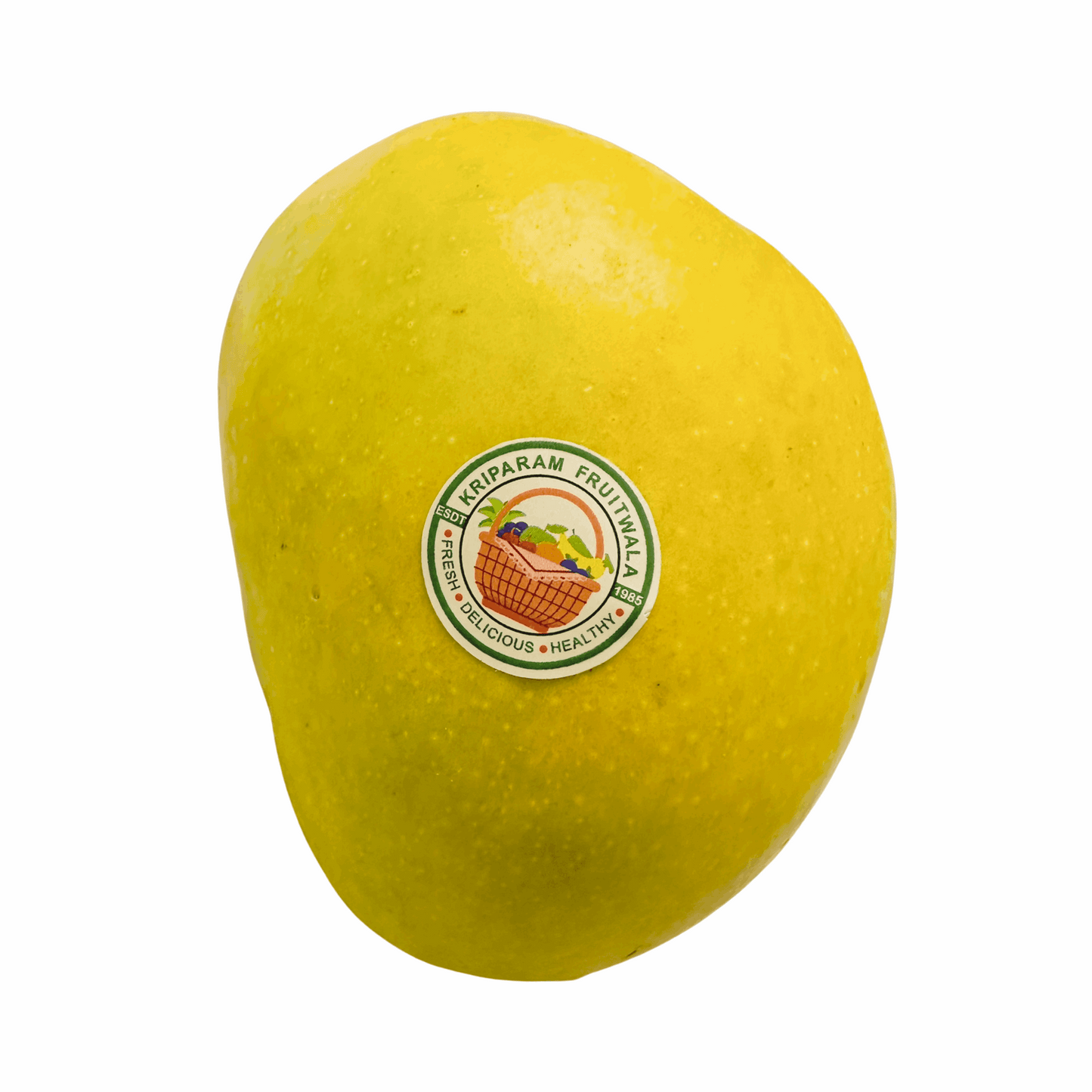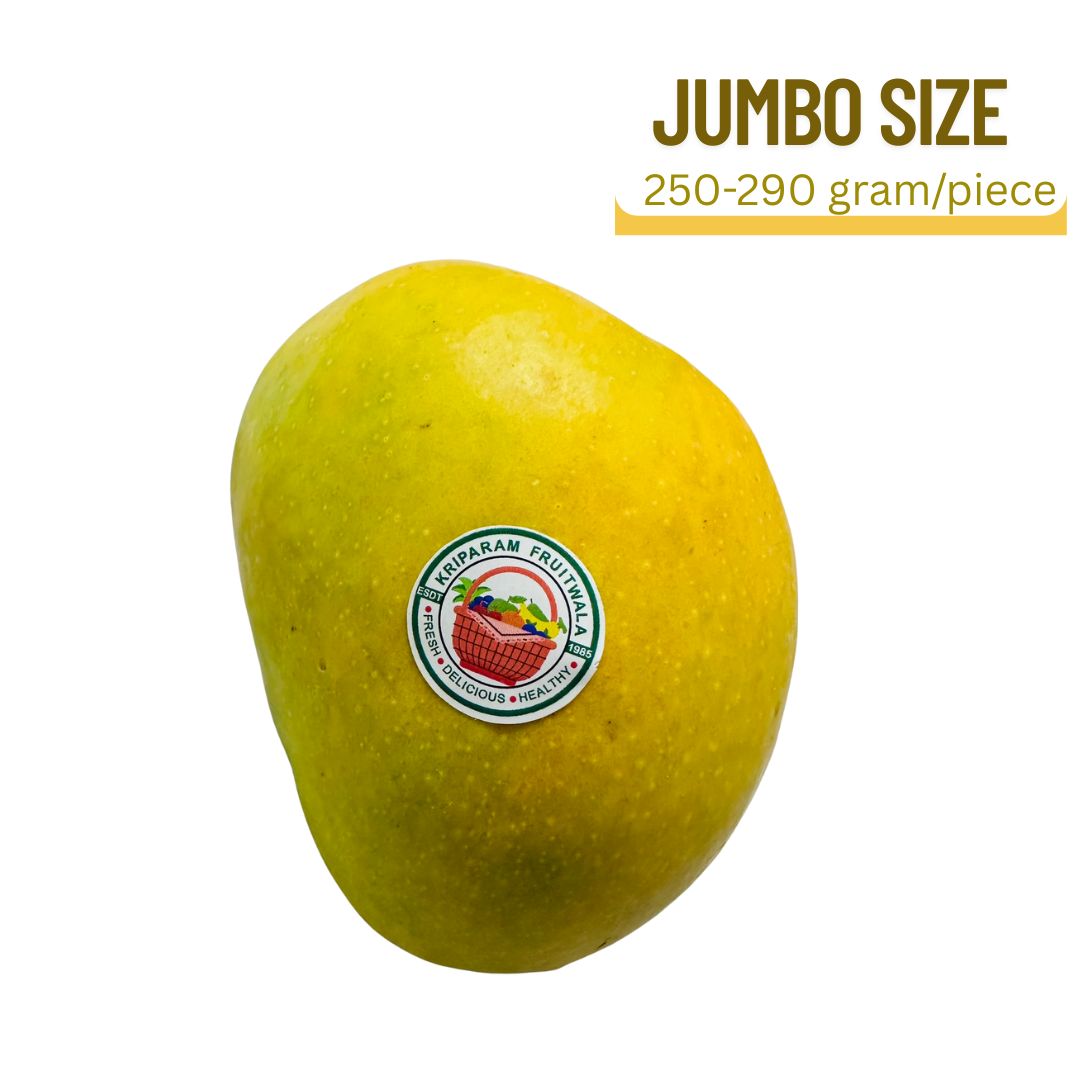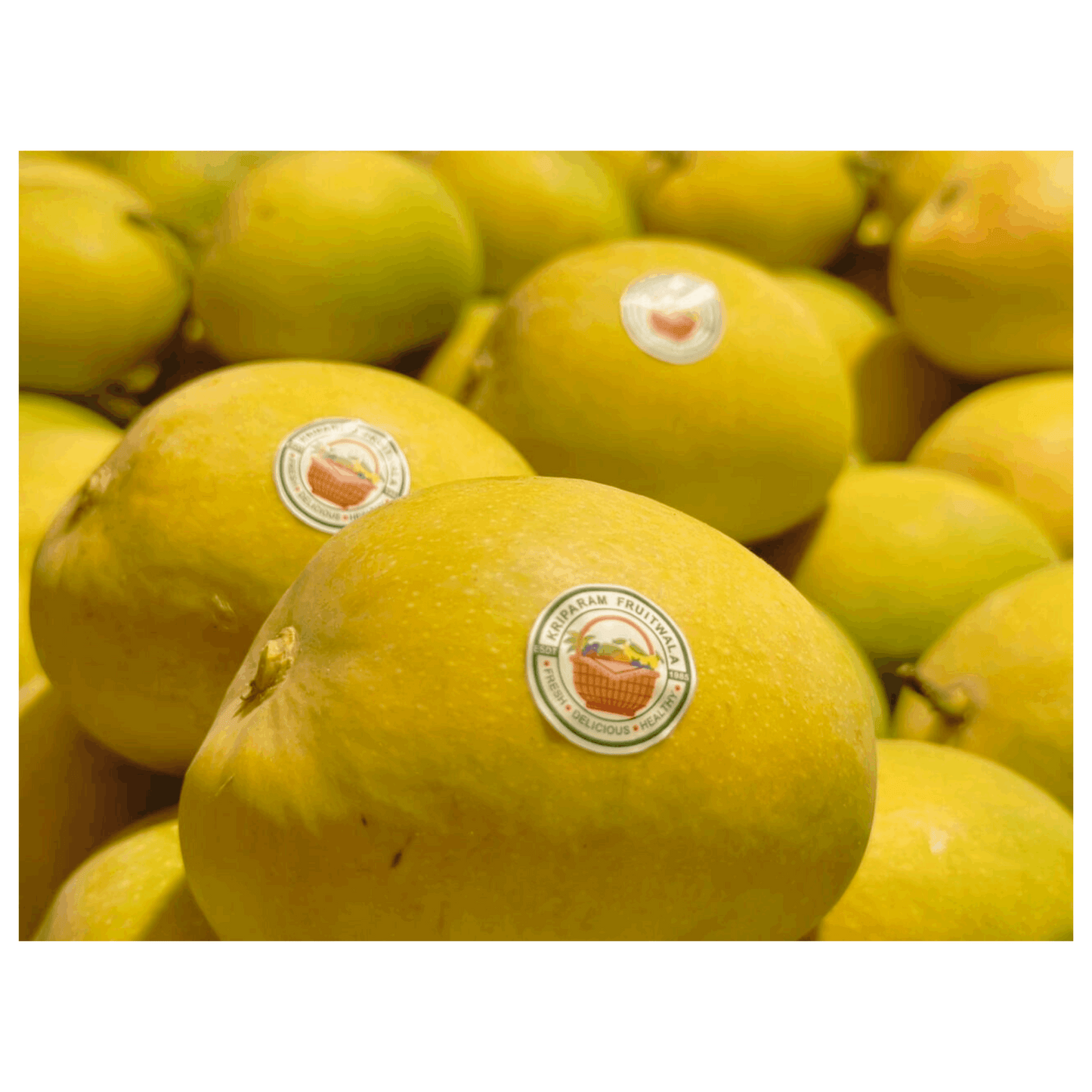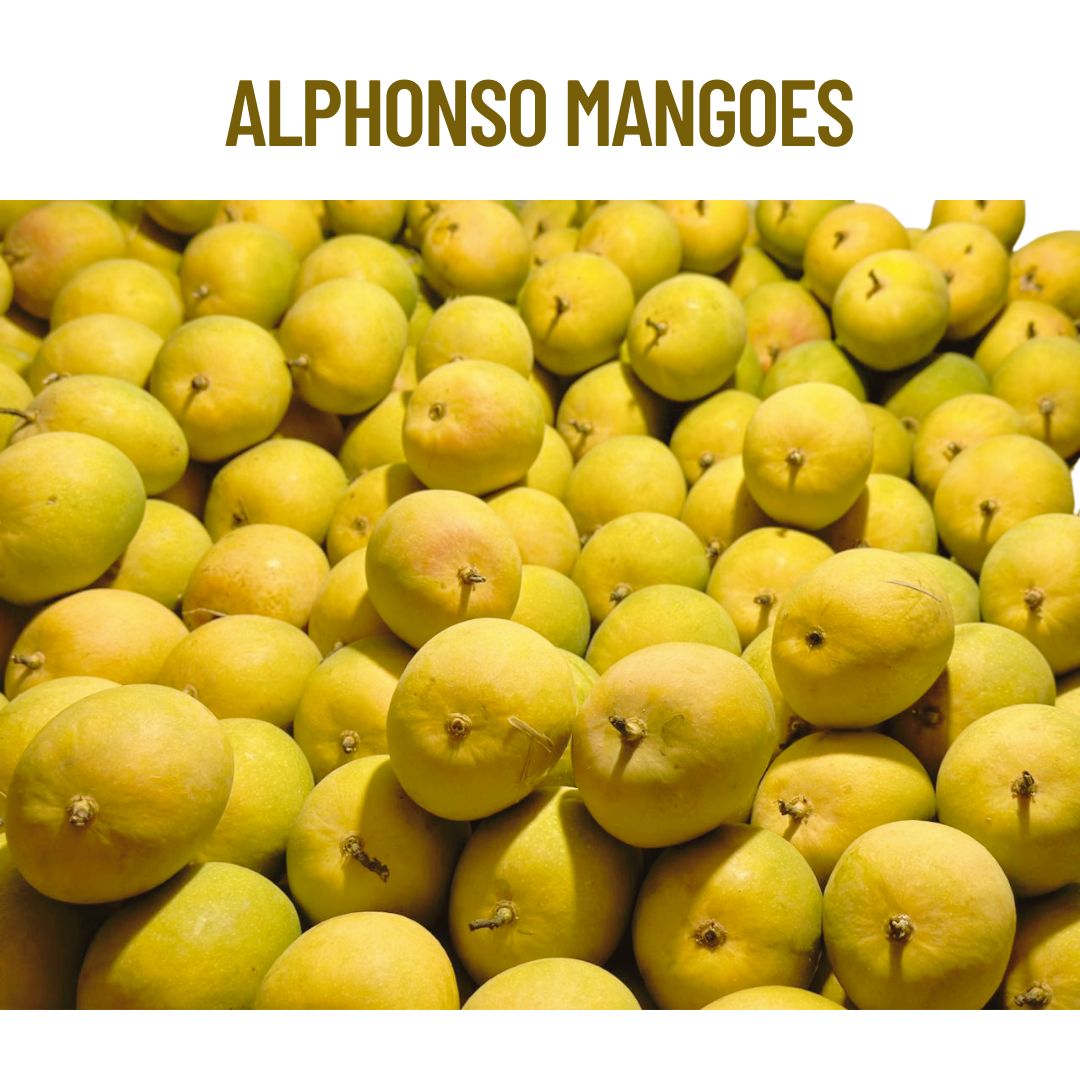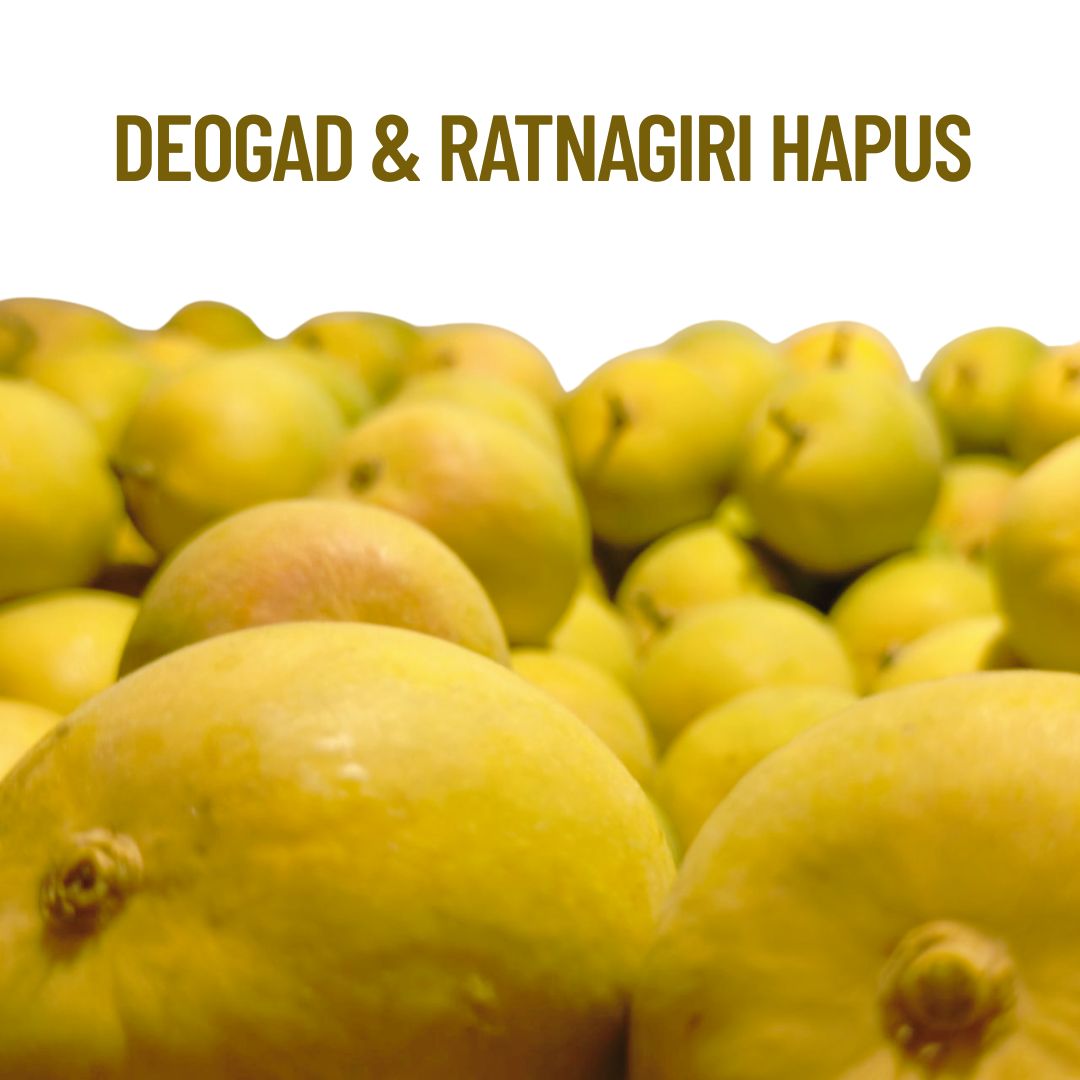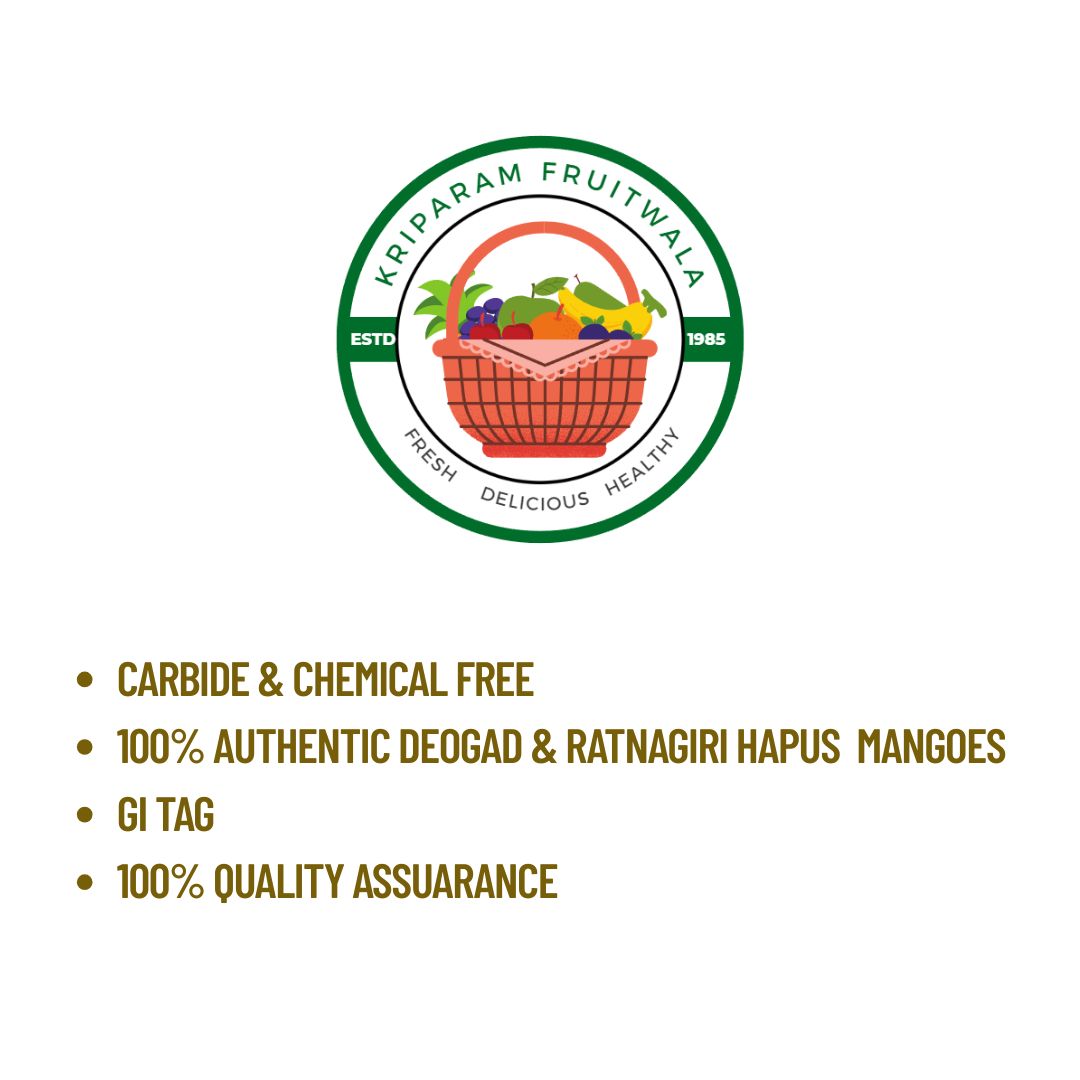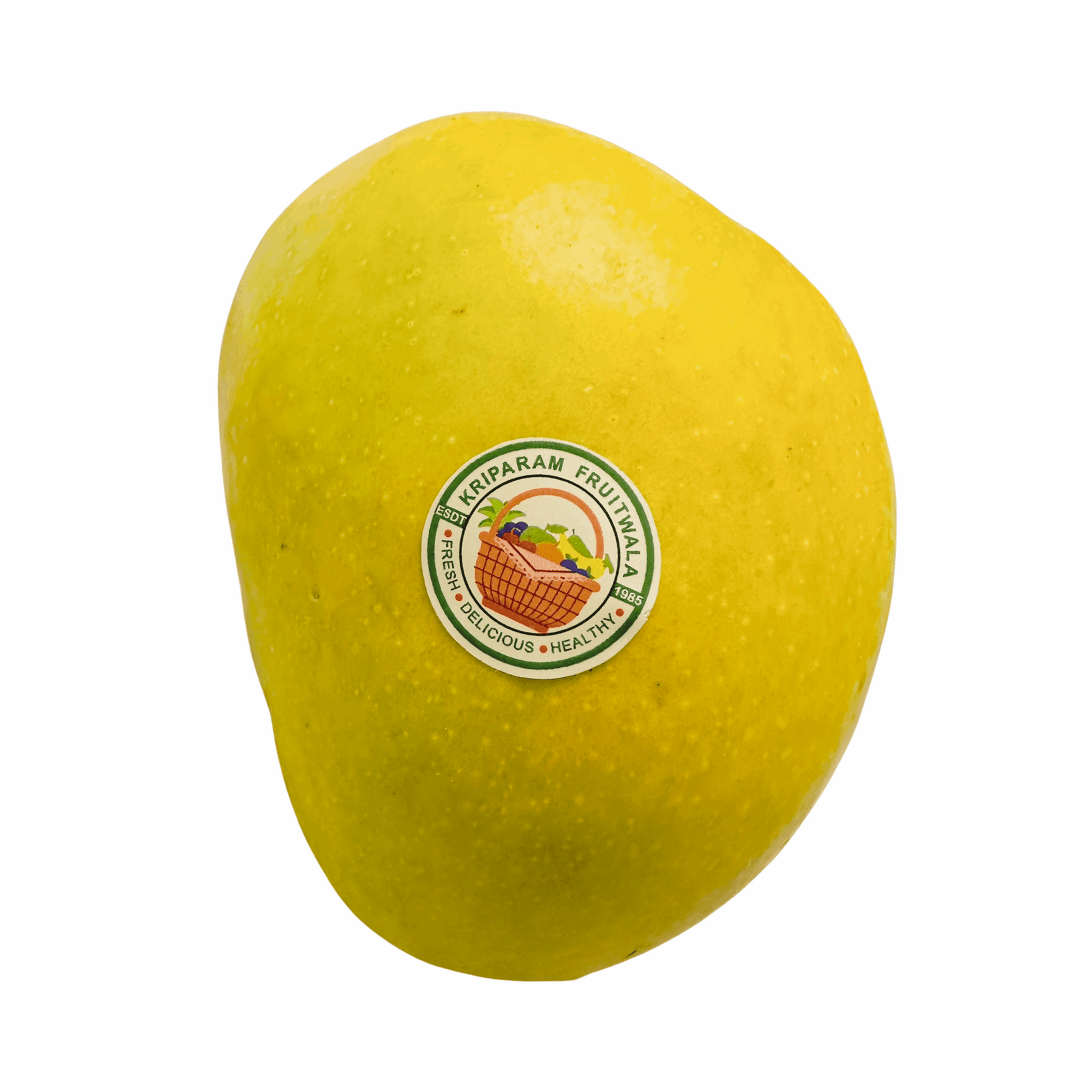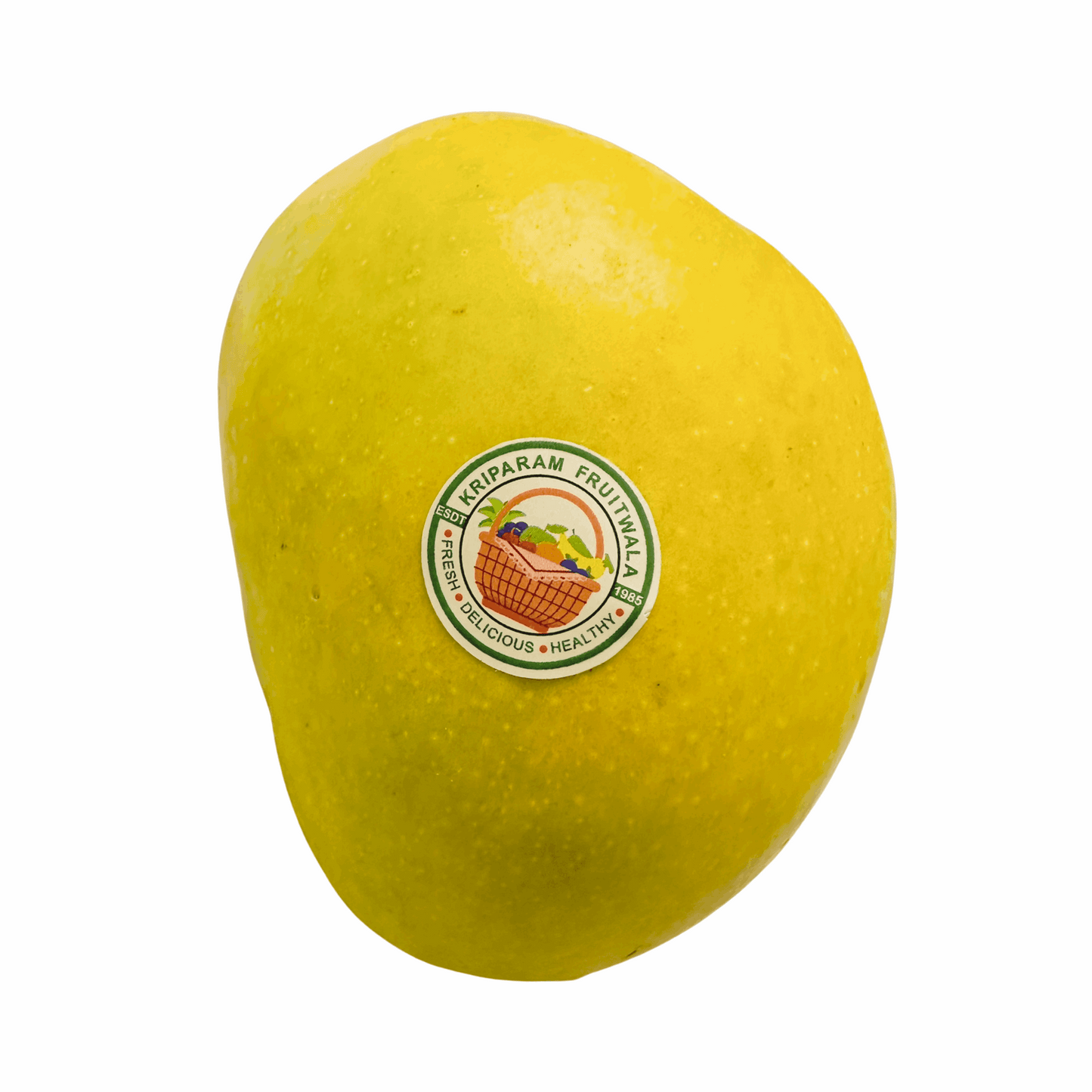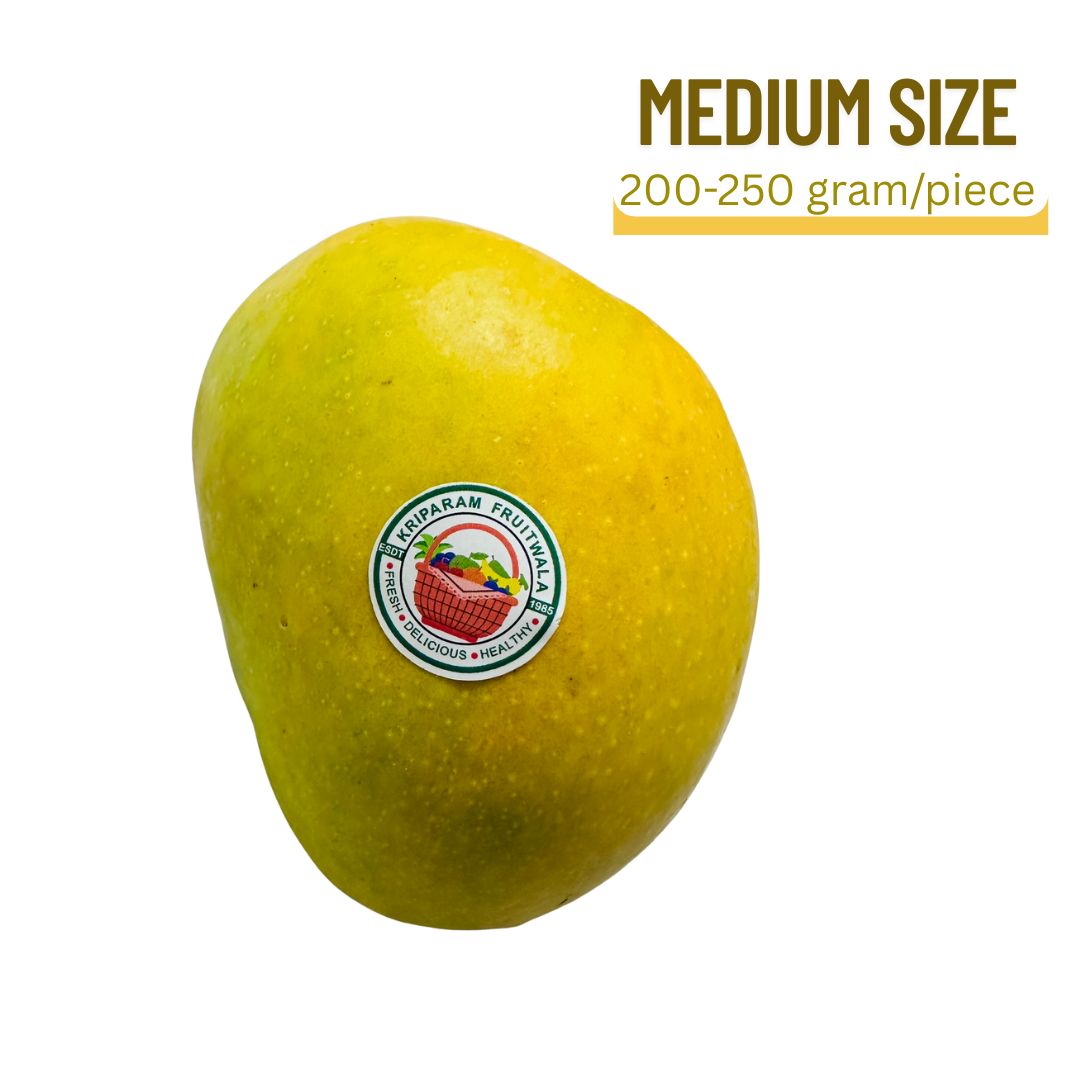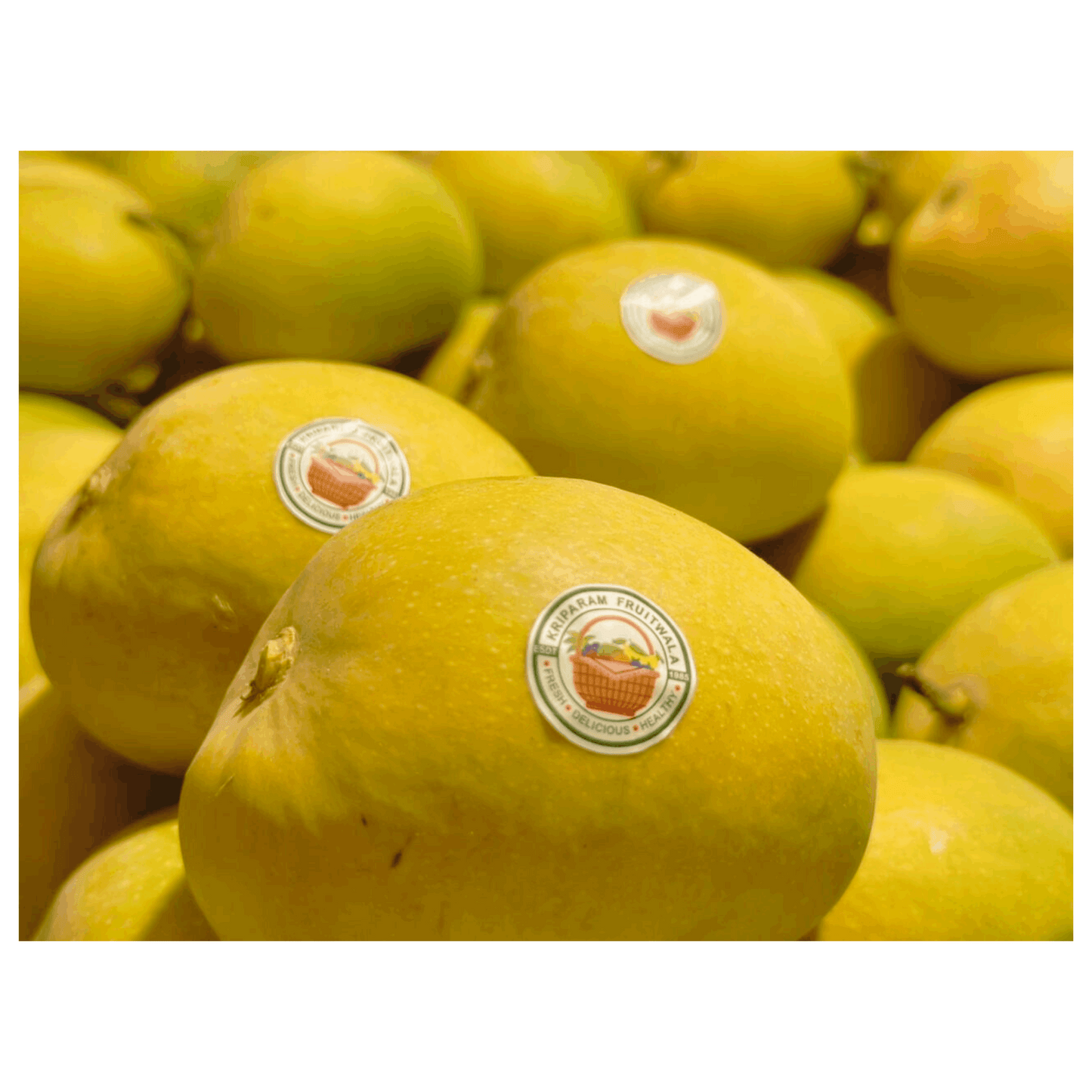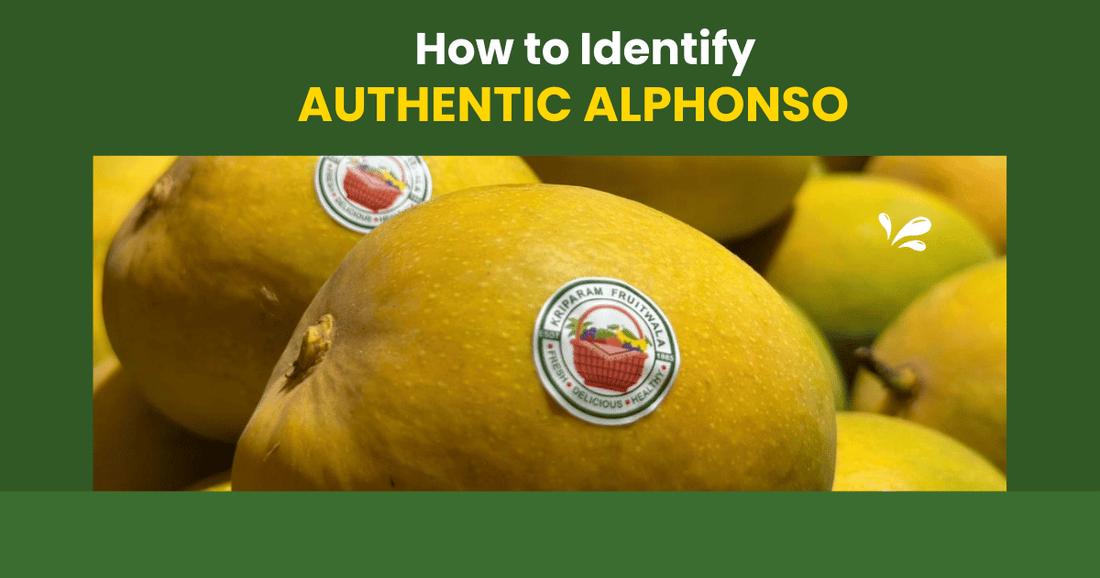
How to Identify Authentic Alphonso Mangoes? Avoid Fake Ones!
Alphonso mangoes, also known as Hapus mango, are prized for their rich flavor, creamy texture, and irresistible aroma. However, due to their high demand, the market is flooded with fake or chemically ripened mangoes. If you’re looking to buy authentic Alphonso mangoes online, this guide will help you identify the real deal and avoid counterfeit mangoes.
1. Check the Origin: Devgad or Ratnagiri Alphonso Mango
Authentic Alphonso mangoes come from Devgad and Ratnagiri regions in Maharashtra, which have GI (Geographical Indication) certification. If a seller claims to offer Alphonso mangoes from another region, be cautious.
2. Look at the Color & Skin Texture
- Real Alphonso mangoes have a golden-yellow hue with a slight red blush on the top.
- Fake ones may have uniform yellow or unnaturally bright color due to artificial ripening.
- The skin of genuine Alphonso mangoes is thin and smooth, not thick or rough.
3. Smell the Natural Aroma
Authentic Alphonso mangoes have a strong, naturally sweet aroma that you can smell even from a distance. If there’s no scent or a chemical-like smell, it might be artificially ripened.
4. Check for Artificial Ripening with Chemicals
Many sellers use calcium carbide or other chemicals to ripen mangoes faster. Here’s how you can identify them:
✔ Natural Alphonso mangoes ripen unevenly, with some green patches left.
❌ Chemically ripened mangoes have a uniform yellow-orange color.
✔ Natural mangoes have a sweet fruity fragrance.
❌ Fake ones lack aroma or smell slightly like kerosene.
✔ When cut open, natural Alphonso mangoes have bright saffron-colored pulp.
❌ Artificially ripened ones might be dull yellow inside.
5. Do the Water Test
You can check the authenticity of Alphonso mangoes at home:
- Place the mango in a bowl of water.
- If it sinks, it’s naturally ripened.
- If it floats, it might have been treated with chemicals.
6. Observe the Pulp and Fiber
Real Hapus aam is known for its fiberless, smooth, and juicy pulp. If you find too many fibers or a dry, dull texture, the mango might be fake.
7. Buy from Trusted Sellers Only
To ensure you get fresh Alphonso mangoes, always buy from trusted sellers who provide:
- GI-tagged Alphonso mangoes
- Organic, carbide-free mangoes
- Direct farm-to-home delivery
You can order premium Alphonso mangoes online here for guaranteed authenticity!
8. Check the Pricing
If you see Alphonso mangoes at unreasonably low prices, be cautious. The average Alphonso mango price per Dozen varies between ₹1000-₹2500 depending on quality, size, and origin.
9. Packaging & Branding Matters
Authentic Alphonso mangoes come in eco-friendly wooden or cardboard crates, not plastic packaging. Always check for the seller’s branding and certification before purchasing.
10. Contact the Seller for Verification
If you’re unsure about the authenticity of Alphonso mangoes, always contact the seller directly. Reach out to us here for more details about fresh, farm-picked Alphonso mangoes.
Final Thoughts
Buying real Alphonso mangoes online requires awareness and careful selection. Use these tips to ensure you enjoy the authentic, juicy, and delicious taste of Hapus mango this season.
For organic Alphonso mango delivery, check out our premium collection here and enjoy doorstep delivery of fresh, GI-tagged mangoes!
